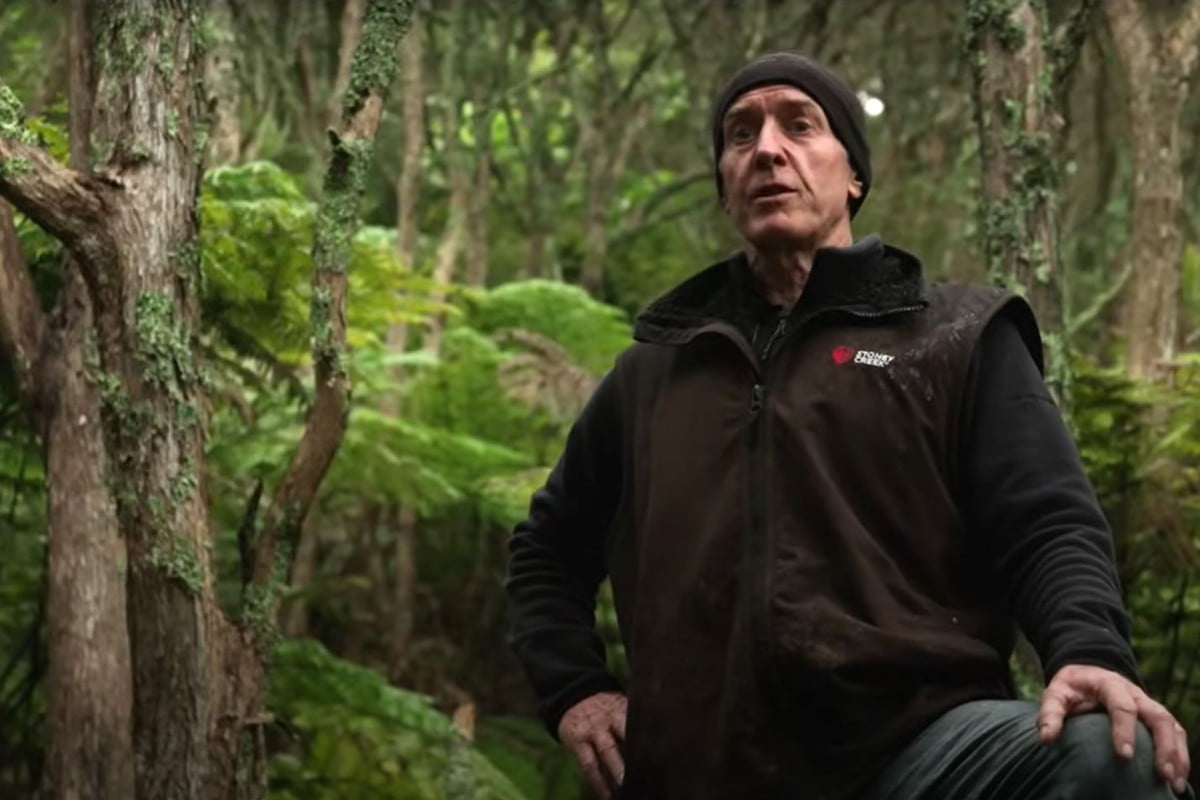Drought: Joint Statement from National Science Challenge Directors
The directors of three science challenges have co-signed a clear message to the primary sector that planning to adapt to intensifying drought conditions must start now, led by regional councils, industry bodies, and central government.
The following article is the foreword from the Growing Kai Under Increasing Dry report, which summarises the rolling symposium on drought and the changing climate held in May 2021, a collaboration between the Deep South, Resilience to Nature's Challenges, and Our Land and Water National Science Challenges.
We know enough about the likely impacts of climate change to start planning a primary sector transition. Our vision is for the farmers and growers of Aotearoa New Zealand to be well supported to prepare for our changing climate, so they can start assessing options about how they want to adapt.
The short-term impact of weather variability is usually the most pressing concern on farms, but the more extreme weather events related to climate change could carry the people who grow our food and fibre toward an uncertain future. Drought is expected to become more frequent and intense, even under moderate climate change. Under more intense drought, farming becomes more difficult.
People who farm will have less flexibility and more constraints in a future of intense and frequent drought, making long-term planning increasingly challenging. This could trap people who farm in a crisis-response cycle where decisions are made ‘just in time’, creating vulnerability in farming systems. Constraints under future drought could also reduce the range of adaptation and land-use options farmers and growers are able to consider, potentially locking them into land uses that no longer suit their circumstances or environment. This will have a significant impact on the people who grow our food and fibre, the animals they care for, and rural communities.
Long-term planning to adapt food and fibre production to a changing climate must involve the whole primary sector, but may best be led by informed and proactive people in industry bodies and regional councils, who can help farmers and growers navigate towards resilient and flexible land uses and practices. Planning needs to start now, so that Aotearoa is prepared and resilient in the face of future climate extremes. Honest, direct conversations within communities, and scenario planning for possible climate futures, can ensure that people who farm remain in the driver’s seat.
The report Growing Kai Under Increasing Dry summarises a discussion held over a series of three webinars and a one-day symposium to kick-start a research-based conversation about climate change adaptation in the agri-food and fibre sector. Organised by three National Science Challenges – Resilience to Nature’s Challenges, Our Land and Water, and the Deep South Challenge – this initiative provides the foundation for people in regional councils, industry bodies, government and science to identify and expand how they can support farmers to continue to grow food sustainably as the climate changes. We look forward to continuing to support this conversation.


More information:
- Growing Kai Under Increasing Dry report
- The webinar videos and summaries, and symposium panel discussion summaries that were the basis for the report can be found at ourlandandwater.weaveclient.site/kaiunderdry
Author
 View Our Strategy Document 2019 – 2024
View Our Strategy Document 2019 – 2024




Leave a Reply